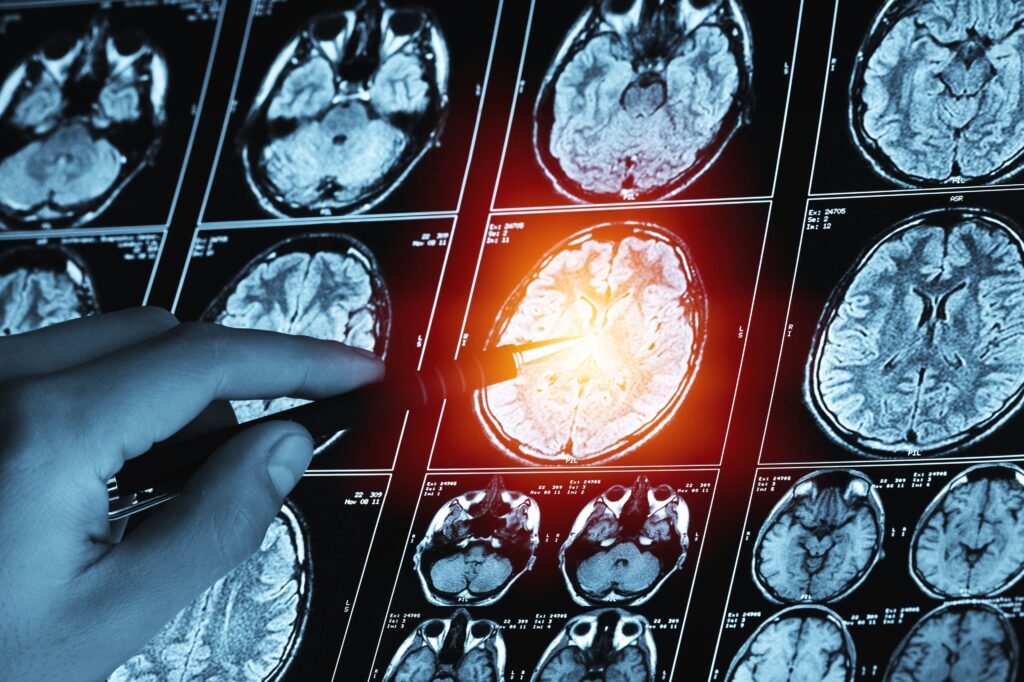Navigating the Complex Landscape of Acquired Brain Injury (ABI)

Acquired Brain Injury (ABI) is a multifaceted condition that can have a profound impact on an individual’s life. Whether resulting from trauma, infection, stroke, or other causes, ABI requires careful understanding and support for those affected. This blog aims to shed light on the complexities of ABI, exploring its various causes, symptoms, and potential rehabilitation strategies.
I. Defining Acquired Brain Injury: A. Overview of ABI and its distinction from Traumatic Brain Injury (TBI) B. Common causes of ABI: Trauma, stroke, infection, tumors, anoxia, and more
II. The Impact of ABI on Individuals: A. Cognitive effects: Memory loss, attention difficulties, and executive function challenges B. Emotional and behavioral changes: Mood swings, depression, anxiety, and impulsivity C. Physical consequences: Motor skill impairments, fatigue, and coordination difficulties
III. Diagnosing ABI: A. The importance of early diagnosis and assessment B. Medical imaging techniques: CT scans, MRIs, and other diagnostic tools
IV. Rehabilitation Approaches: A. Multidisciplinary team involvement: Neurologists, physical therapists, occupational therapists, and psychologists B. Tailored rehabilitation plans: Cognitive therapy, physical therapy, and speech therapy C. Assistive technologies and adaptive strategies for daily living
V. Coping Strategies for Individuals and Families: A. Emotional support and counseling B. Educating family and friends about ABI C. Encouraging independence and fostering a positive mindset
VI. Navigating Life After ABI: A. Returning to work and daily activities B. Building a support network within the community C. Long-term considerations and adjustments
VII. Raising Awareness and Advocacy: A. Breaking down stigmas associated with ABI B. Advocacy for increased research, resources, and support services
Conclusion: Acquired Brain Injury is a complex and often life-altering condition, requiring a holistic approach to treatment and support. By fostering understanding, providing resources, and promoting awareness, we can contribute to a more inclusive and empathetic society for those navigating the challenges of ABI.
